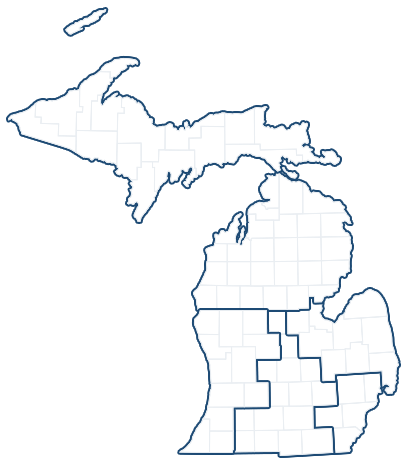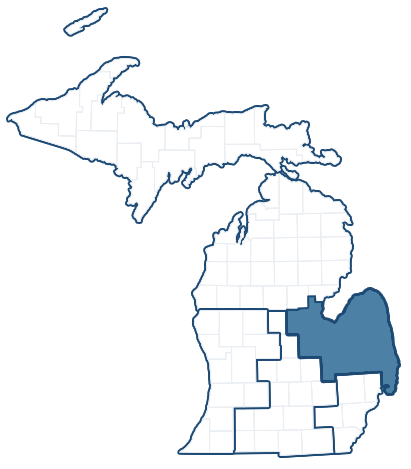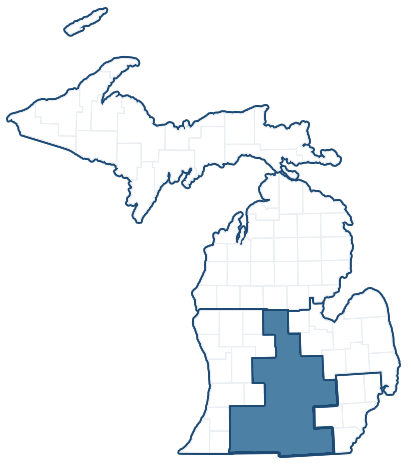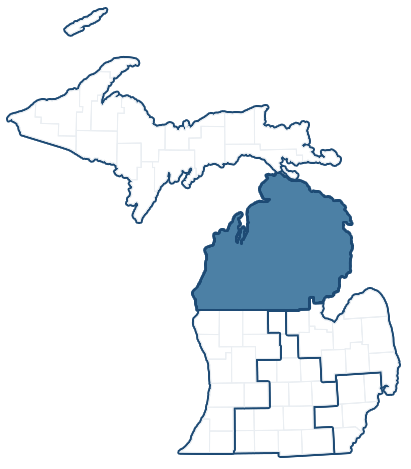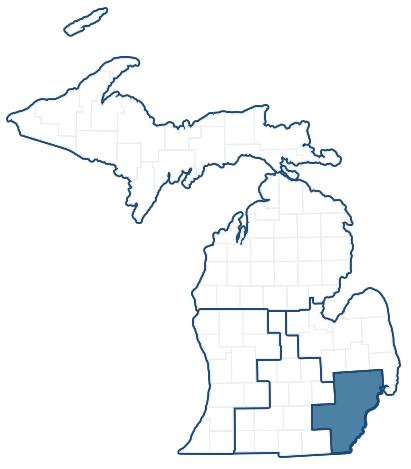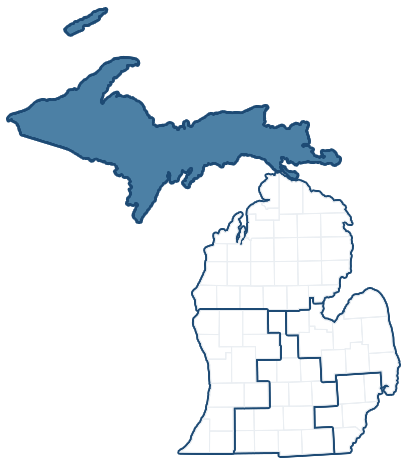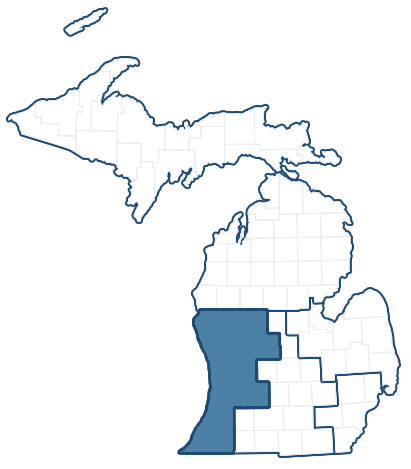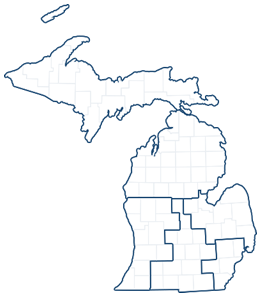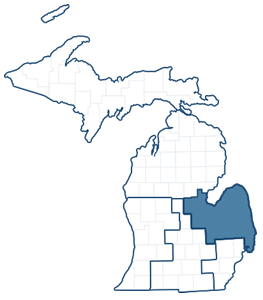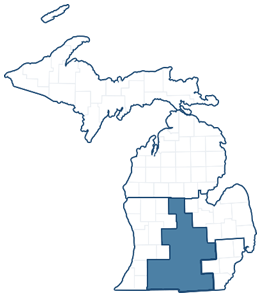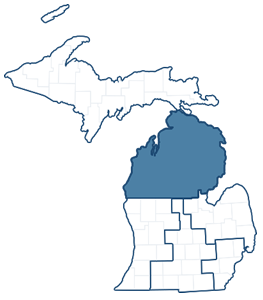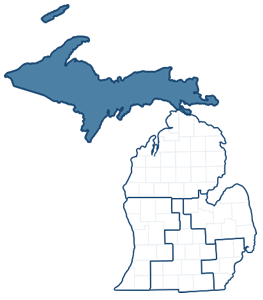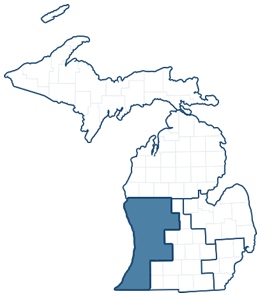National Conservation Initiative Launched in Bay City
Tuesday, May 27, 2014U.S. Senator Debbie Stabenow, Chairwoman of the Senate Committee on Agriculture, Nutrition and Forestry, and U.S. Secretary of Agriculture Tom Vilsack today launched a national conservation initiative that will protect our Great Lakes and invest in water conservation across the country. During a visit to the Saginaw Bay area, they announced that the new Regional Conservation Partnership Program created by Sen. Stabenow in her bipartisan 2014 Farm Bill is now being implemented. This program will help provide opportunities for businesses, non-profits, universities, and federal, state and local governments to partner with agricultural and conservation groups to invest in clean water, soil and wildlife conservation.
Sen. Stabenow and Sec. Vilsack also announced that the Great Lakes region has been selected as one of the nation's target regions for clean water projects. USDA has designated the Great Lakes as one of eight Critical Conservation Areas across the country, which will provide an opportunity for additional funding to address water quality issues. The other areas designated are the Chesapeake Bay Watershed, Mississippi River Basin, Longleaf Pine Range, Columbia River Basin, California Bay Delta, Prairie Grasslands, and the Colorado River Basin.
Chairwoman Stabenow said: "Today's historic announcement will have a lasting impact on the health of our Great Lakes by strengthening our efforts to protect our water, land, and wildlife habitat for future generations. Partnering businesses and non-profits with our farmers and conservation leaders will bring greater focus and additional resources to the Great Lakes region and critical areas across the country. I am pleased to host Secretary Vilsack here in Michigan to launch this national initiative created in the 2014 Farm Bill."
Secretary Vilsack said: "This is an entirely new approach to conservation. We're giving private companies, local communities, and other non-government partners a way to invest in what are essentially clean water start-up operations. By establishing new public-private partnerships, we can have an impact that's well beyond what the Federal government could accomplish on its own. These efforts keep our land resilient and water clean, and promote tremendous economic growth in agriculture, construction, tourism and outdoor recreation, and other industries."
The Regional Conservation Partnership Program will competitively award funds to conservation projects designed by local partners specifically for their region. USDA will provide $1.2 billion in funding over the life of the five-year program and can leverage an additional $1.2 billion from partners for a total of $2.4 billion for conservation. $400 million in USDA funding is available in the first year. Through RCPP, partners propose conservation projects to improve soil health, water quality and water use efficiency, wildlife habitat, and other related natural resources on private lands.
The 2014 Farm Bill is our country's biggest investment in private land conservation and has been called the most significant conservation legislation in generations. Voluntary partnerships between agricultural and conservation groups help farmers conserve soil health, protect water quality, and restore wildlife habitat in the Great Lakes Bay region and across our state.
Next Article



